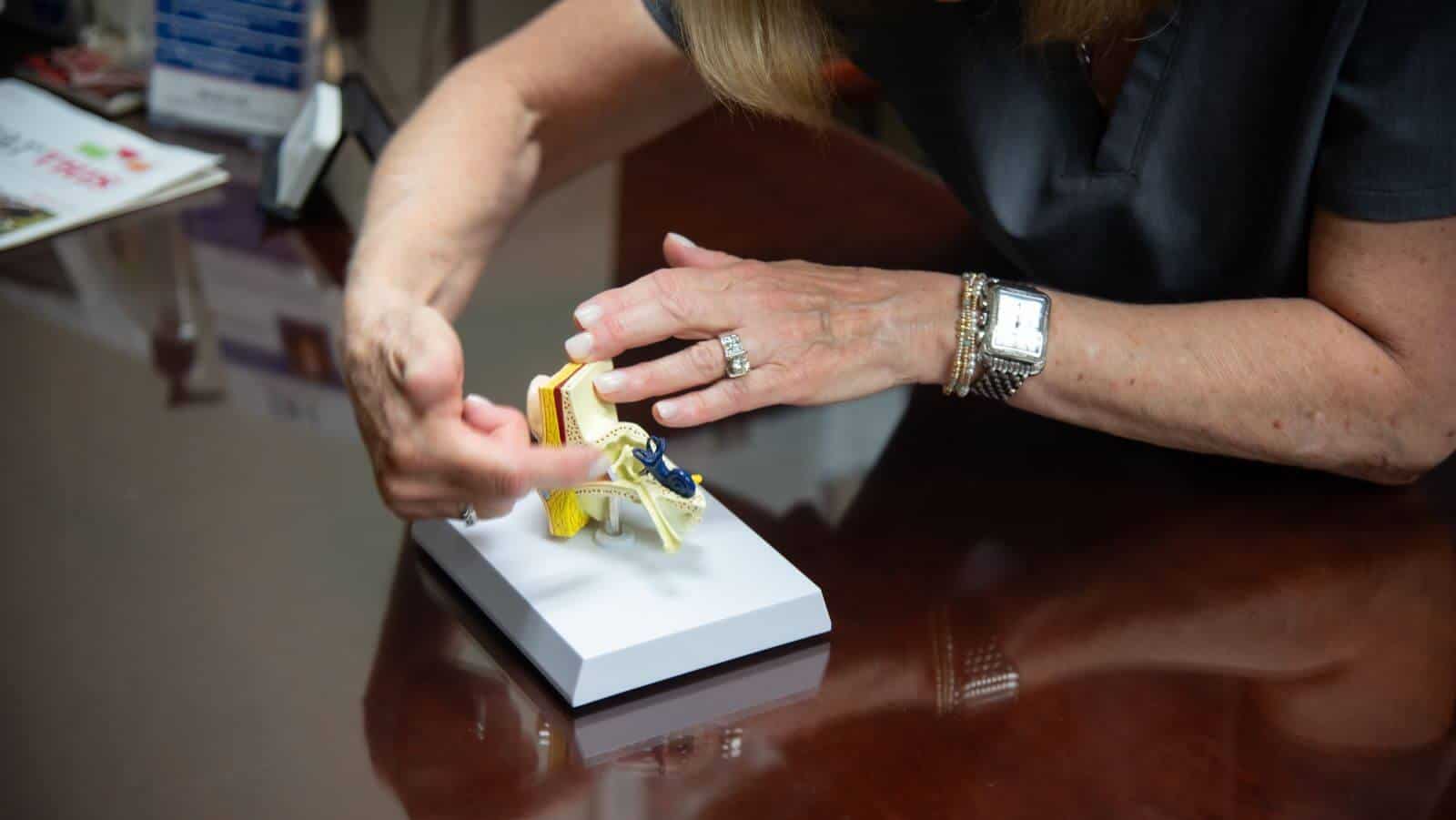Hearing is an essential sense that helps us interact with the world around us.
The Link Between Hearing Loss and Dementia
There is a clear connection between untreated hearing loss and cognitive decline.
How Does Hearing Loss Lead to Cognitive Decline?
The exact mechanisms underlying the link between hearing loss and dementia are still being explored. One theory is that hearing loss may lead to cognitive decline because the brain has to work harder to process sounds, leaving fewer cognitive resources available for other brain functions, such as memory and reasoning.
Another theory suggests that, with hearing loss present, if you don’t use it, you lose it. Stimulating the auditory pathways using hearing aids may be helpful in keeping those pathways active.
Recognizing Early Signs
Early identification of hearing loss and cognitive decline is important for effective management. Some of the early signs of hearing loss include difficulty understanding speech in noisy environments, frequently asking others to repeat themselves, turning up the volume on electronic devices, and avoiding social situations. Tinnitus, a ringing or buzzing sound in the ears, is also a common sign of hearing loss. Early detection and treatment can help you manage hearing loss and boost brain health.
Cognitive decline often starts with subtle changes in memory and thinking skills. These changes can include forgetfulness, difficulty with problem-solving or reasoning, confusion, and mood changes. If you or a loved one are experiencing any of these symptoms, speak with a healthcare professional to receive a proper evaluation and diagnosis.



